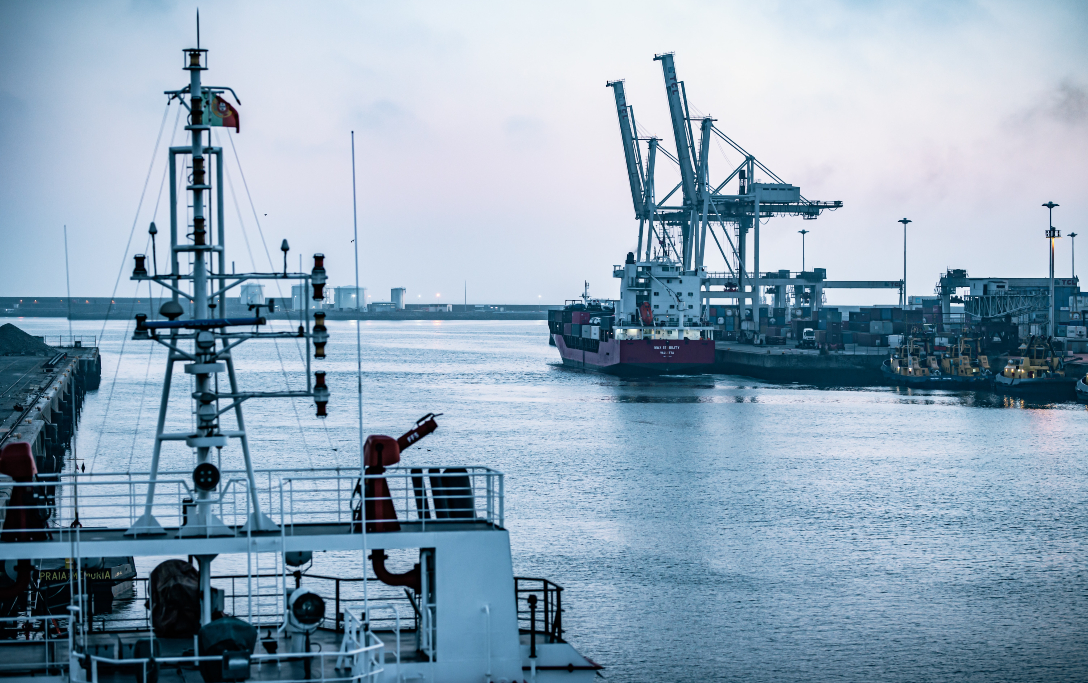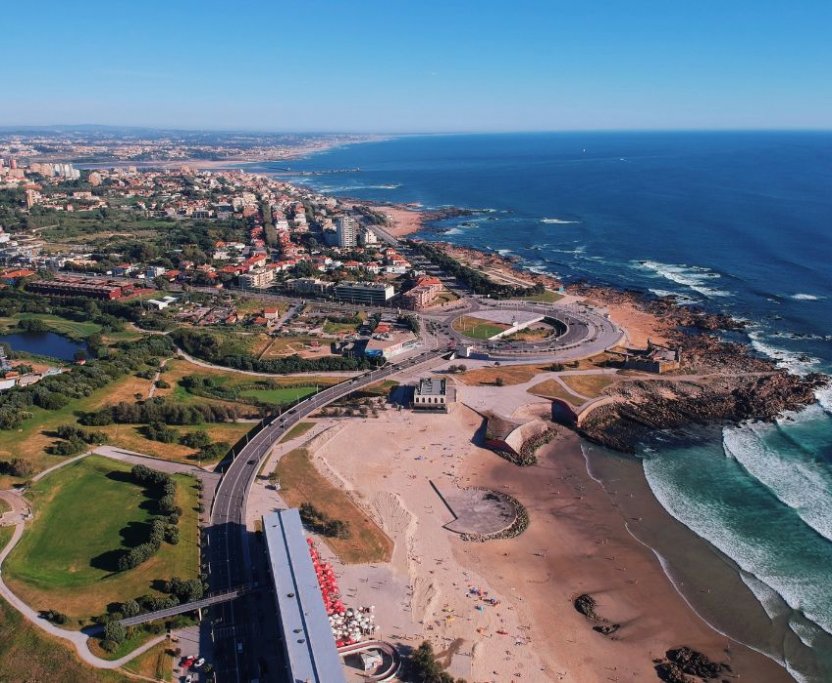Maritime Economy is among the key sectors for the development of Porto and the Portuguese Northern Region, which has a great potential for exploring traditional activities such as fishing, aquaculture, and maritime transport, as well as emerging activities such as seabed exploration, biotechnology, and ocean energy.

The Porto region offers excellent conditions for maritime transport, which include a unique geographical location, situated at the crossroads of the world’s main North-South and East-West maritime routes, making it a crossing point for thousands of ships every year. The port of Leixões, which is one of the largest, most efficient and competitive multipurpose ports of the Iberian Peninsula, handles 23% of Portuguese seaborne foreign trade and exporting to over 180 countries. There is also a modern transportation network connecting ports, highways, the Atlantic railway corridor of the Trans-European core rail network, and Porto International Airport.

The Porto region hosts Fórum Oceano – Association for the Sea Economy, which manages the Portuguese Maritime Cluster, and aims to strengthen the Sea Cluster by promoting collaboration among scientific institutions, enterprises, and associations. It has over 100 members representing different sectors of Blue Economy, including leading research organizations such as CIIMAR - Interdisciplinary Centre of Marine and Environmental Research, a top research institute of the University of Porto, INEGI - Institute of Science and Innovation in Mechanical and Industrial Engineering, and INESC TEC - Institute for Systems Engineering and Computers. The University of Porto also hosts the Underwater Systems and Technology Laboratory (LSTS) within its Faculty of Engineering.
The Sea Center of the Science and Technology Park of the University of Porto (UPTEC MAR) is an incubator for business projects related to science and sea technologies. Its associated companies operate in several areas of the maritime economy such as marine robotics, software, blue biotechnology, environment, new products and equipment for water sports. For instance, OceanScan – Marine Systems & Technology develops systems, tools, and technologies for cost-effective access to the Ocean, including the Light Autonomous Underwater Vehicle System (LAUV). There is also Abyssal, which develops state-of-the-art solutions regarding navigation, visibility, and spatial awareness, including integrated Subsea Navigation Solutions for Remotely Operated Vehicles (ROVs).


You can also contact us directly to receive tailored support for your project.


